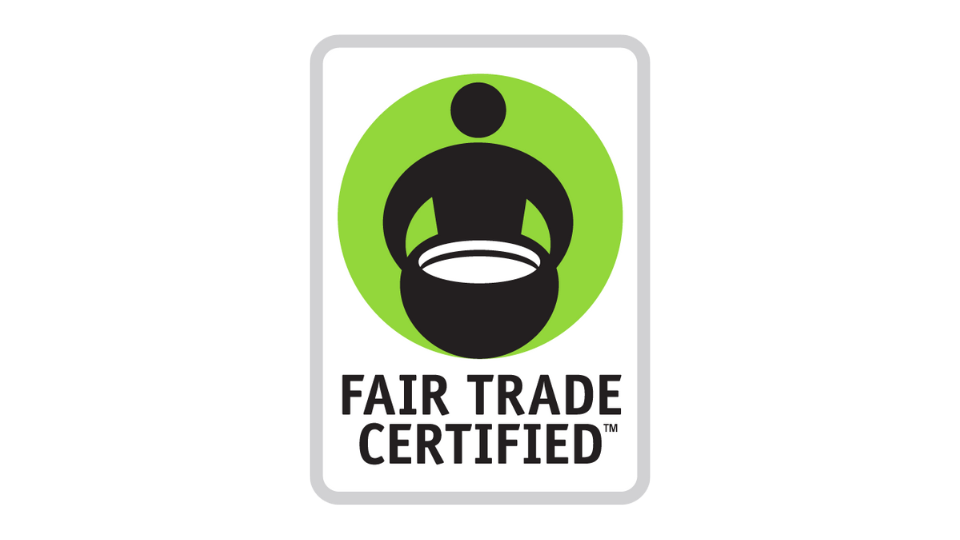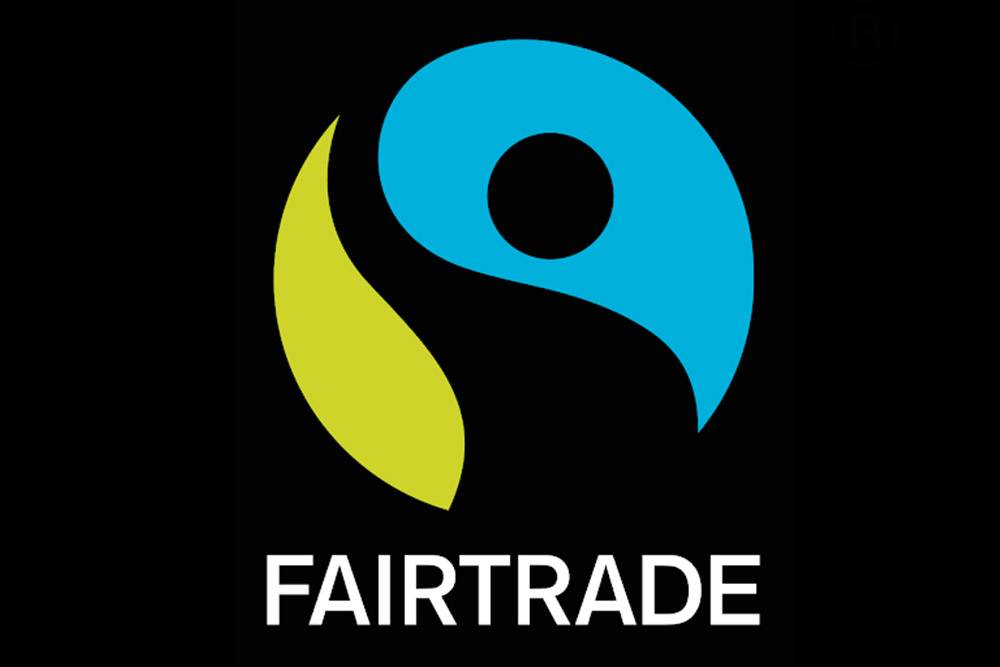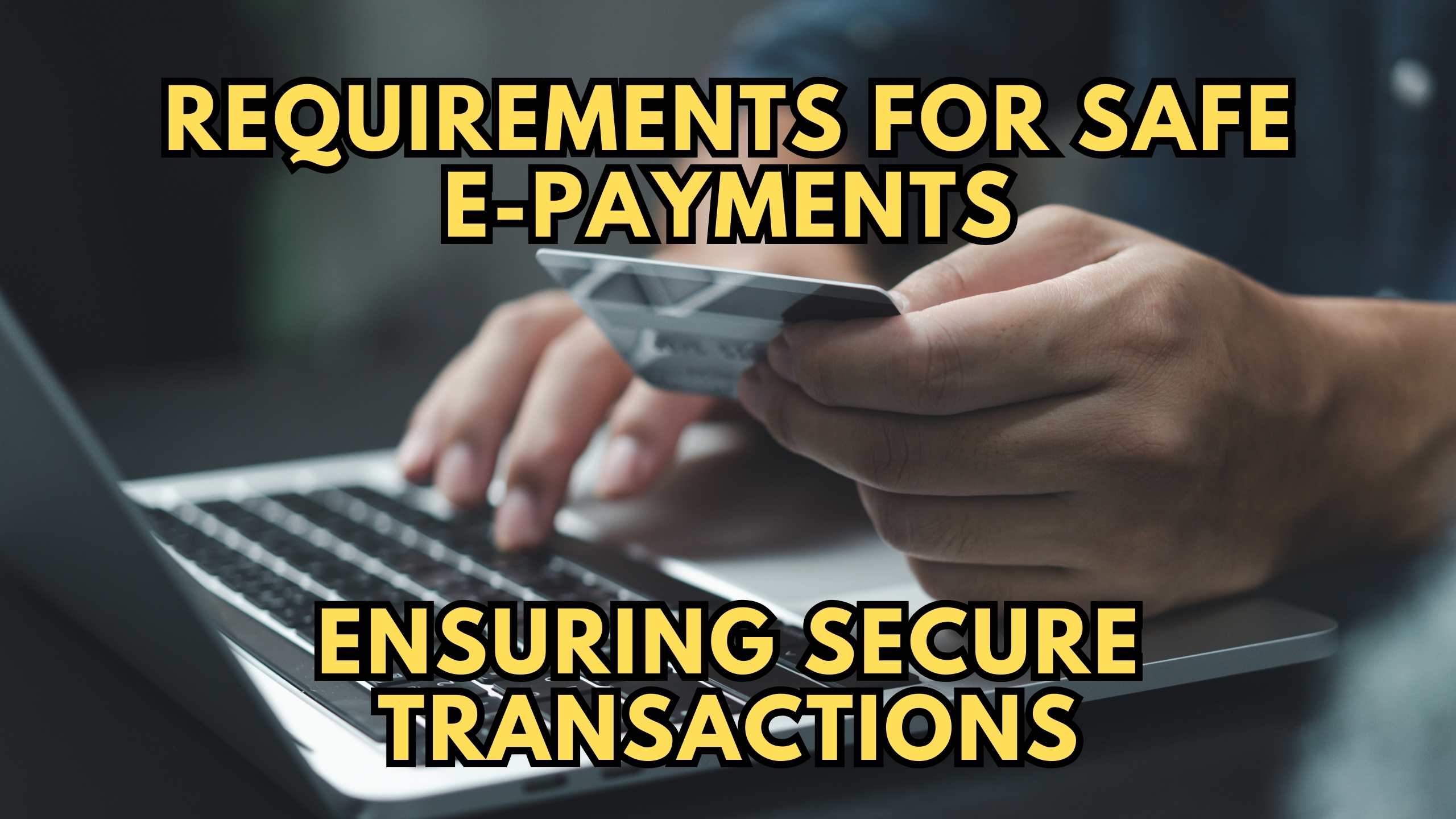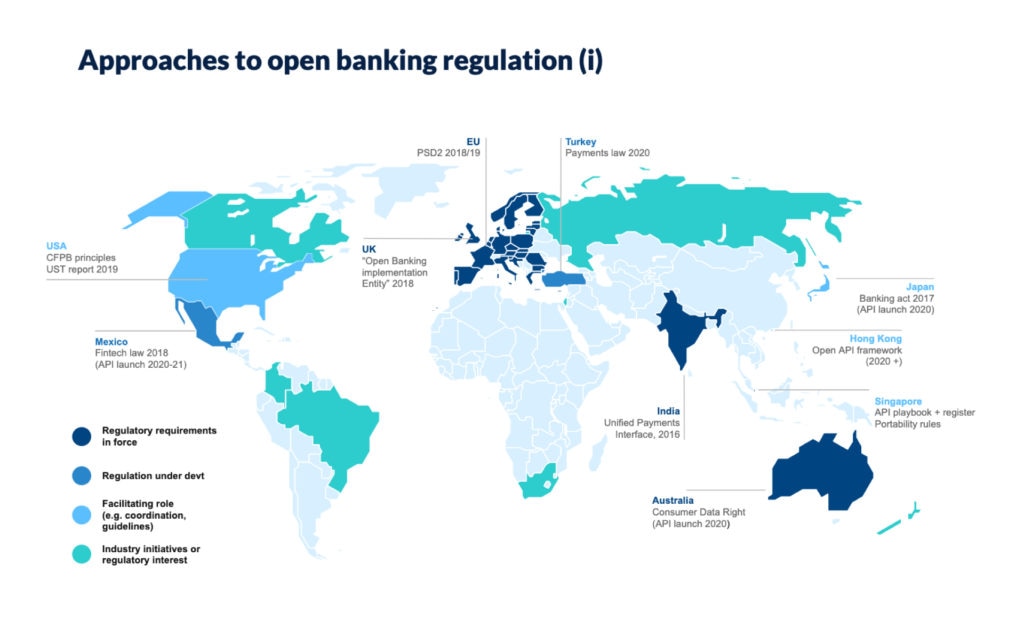
Unveiling the Power Behind the Label: Fair Trade Certification, Government Support, and Oversight
Have you ever wondered what goes into that little "Fair Trade Certified" label on your coffee, chocolate, or bananas? It’s more than just a feel-good sticker; it represents a commitment to ethical sourcing, fair prices, and sustainable practices. But how does this system truly work, and what role do governments play in ensuring its integrity and effectiveness?
For beginners curious about ethical consumption, understanding the backbone of Fair Trade certification – including the often-overlooked but crucial government support and oversight – is key. Let’s peel back the layers!
What Exactly is Fair Trade Certification? (The Basics for Beginners)
Imagine a farmer in a distant country who works incredibly hard to grow the food we love. Historically, these farmers often received very low prices for their crops, barely enough to feed their families, let alone invest in their farms or communities.
Fair Trade Certification is a system designed to change that. It’s a way for products to show consumers that they meet strict social, environmental, and economic standards. When a product is Fair Trade Certified, it generally means:
- Fair Prices: Farmers and workers receive a minimum price for their goods, protecting them from market price crashes. This price covers the costs of sustainable production and provides a living wage.
- Decent Working Conditions: This includes safe workplaces, no forced or child labor, and the right to form unions.
- Environmental Protection: Practices that protect ecosystems, promote biodiversity, and reduce pesticide use are encouraged and often required.
- Community Development: An additional "Fair Trade Premium" is paid on top of the price, which communities democratically invest in projects like schools, healthcare, or clean water.
- Direct Trade & Transparency: The supply chain is made more transparent, reducing the number of middlemen and connecting producers more directly with buyers.
How it Works: Independent certification bodies (like Fairtrade International, Fair Trade USA, and others) set the standards and then audit farms and businesses to ensure they are meeting these rules. If they pass, they get to use the Fair Trade label.
Why Government Involvement Matters: Building Trust and Scale
You might think Fair Trade is purely a private initiative – a choice made by ethical businesses and consumers. While that’s true, governments play a surprisingly significant role in strengthening the system. Why is their involvement so important?
- Legitimacy and Trust: Government recognition or endorsement can lend a huge amount of credibility to Fair Trade. It moves it beyond a niche market into a more widely accepted and trusted practice.
- Market Scale: For Fair Trade to truly impact global supply chains, it needs to grow. Governments can help expand its reach through policies and trade agreements.
- Preventing "Greenwashing": Without some level of oversight, it’s easy for companies to claim they are "fair" without actually meeting rigorous standards. Government involvement helps prevent misleading claims and protects the integrity of the Fair Trade movement.
- Consumer Protection: Governments have a responsibility to ensure that claims made on products are accurate. This extends to ethical labels like Fair Trade.
Government Support for Fair Trade: More Than Just Words
Governments around the world support Fair Trade in various ways, often subtly, but effectively. This support helps foster an environment where ethical trade can flourish.
-
Financial Aid and Grants:
- Many governments provide financial assistance to developing countries, and some of this aid can be specifically channeled towards building capacity for Fair Trade production.
- This might include grants for farmers to invest in sustainable practices, improve infrastructure, or gain the necessary certifications.
- For example, development agencies might fund training programs for cooperatives to meet Fair Trade standards.
-
Trade Policies and Agreements:
- Governments can create preferential trade agreements that favor ethically produced goods, including Fair Trade certified products.
- This could involve reduced tariffs or easier market access for goods coming from certified producers.
- Some governments might include clauses in their trade deals that encourage or require adherence to international labor and environmental standards, aligning with Fair Trade principles.
-
Public Procurement Policies:
- A significant form of support comes from governments choosing to purchase Fair Trade certified products for their own use – in offices, schools, hospitals, or military bases.
- When a government commits to sourcing Fair Trade coffee for its departments, it sends a strong signal to the market and provides a stable demand for certified producers.
- This is known as "Fair Trade Towns" or "Fair Trade Nation" initiatives, where local and national governments actively promote and use Fair Trade products.
-
Awareness Campaigns and Education:
- Governments can support public awareness campaigns to educate consumers about the benefits of Fair Trade and encourage ethical purchasing.
- This might involve public service announcements, educational materials in schools, or supporting non-profit organizations that promote Fair Trade.
-
Legal and Regulatory Frameworks:
- While Fair Trade certification is private, governments can create legal frameworks that recognize and protect these labels. This helps prevent fraudulent use of the Fair Trade mark.
- Some countries might establish national committees or bodies that work alongside international Fair Trade organizations to ensure alignment and support.
-
International Cooperation:
- Governments often work together on an international level to promote sustainable development goals, which frequently include principles of fair trade and ethical supply chains.
- They might participate in international forums that discuss labor rights, environmental standards, and economic justice, reinforcing the values that underpin Fair Trade.
Government Oversight and Regulation: Ensuring Integrity and Accountability
Support is one thing, but oversight is another crucial layer that ensures Fair Trade remains trustworthy and effective. Government oversight primarily focuses on safeguarding consumers and maintaining the integrity of the market.
-
Consumer Protection Laws:
- Governments have laws against false advertising and misleading claims. If a product is labeled "Fair Trade Certified," it must actually meet those standards.
- Regulatory bodies (like consumer protection agencies) can investigate complaints if a company is suspected of making false claims about its Fair Trade status. This helps prevent "Fairwashing" – where companies make vague ethical claims without genuine substance.
-
Baseline Labor and Environmental Standards:
- While Fair Trade standards go beyond national laws, governments are responsible for enforcing fundamental labor laws (e.g., minimum wage, health and safety, no child labor) and environmental regulations within their own borders.
- This provides a baseline. Fair Trade then builds upon these, often requiring higher standards than local laws might mandate, especially in countries with weaker regulations.
-
Accreditation and Recognition of Certification Bodies:
- In some cases, governments or their appointed agencies might accredit or formally recognize the private certification bodies that audit Fair Trade products.
- This means the government is essentially saying, "We trust this certifier to do a good job, and their label is reliable." This adds an extra layer of official endorsement and trust.
-
Trade and Customs Regulations:
- Customs agencies might have procedures to verify claims on imported goods, including ethical certifications. This helps ensure that products entering a country are indeed what they claim to be.
- While not always a direct audit, it’s part of the broader regulatory environment that encourages compliance.
-
Anti-Fraud Measures:
- Governments can prosecute companies that fraudulently use trademarks or certifications. This protects the intellectual property of Fair Trade labels and prevents their misuse.
Examples of Government Engagement (Briefly)
- European Union (EU): The EU has been a strong proponent of Fair Trade, supporting initiatives through development aid, public procurement policies, and promoting ethical trade in its broader trade agreements. Many EU member states also have "Fair Trade Towns" movements.
- United States: While perhaps less direct than the EU, the U.S. Agency for International Development (USAID) supports projects that align with Fair Trade principles, such as strengthening agricultural cooperatives and promoting sustainable supply chains in developing countries.
- United Kingdom: The UK has a robust Fair Trade movement, with government support seen in public sector procurement guidelines and active participation in international development initiatives that promote ethical trade.
- Canada: The Canadian government, through Global Affairs Canada, funds programs that support sustainable agriculture and economic development in partner countries, often benefiting communities engaged in Fair Trade.
Challenges and the Future of Government Involvement
While government support and oversight are vital, the landscape isn’t without its challenges:
- Balancing Independence: Fair Trade certification bodies are private, independent entities. Governments must support them without compromising their independence or integrity.
- Global Harmonization: Different countries have different laws and priorities, making it challenging to create universally aligned policies for Fair Trade.
- Adapting to New Issues: As global challenges like climate change intensify, governments and Fair Trade organizations must work together to integrate new standards and support mechanisms.
- Funding and Resources: Ensuring sufficient funding for support programs and regulatory oversight can be an ongoing challenge, especially in times of economic constraint.
How You Can Help Support a Fairer System
As a consumer, your choices have power!
- Look for the Label: Always seek out products with official Fair Trade certification labels. This sends a clear signal to businesses and governments that you value ethical sourcing.
- Educate Yourself: Learn more about where your products come from and the impact your purchases have.
- Advocate for Policy: Support policies and elected officials who champion ethical trade, sustainable development, and consumer protection.
- Spread the Word: Share what you’ve learned with friends and family!
Conclusion: A Collaborative Effort for a Better World
Fair Trade Certification isn’t just a feel-good story; it’s a meticulously designed system aiming to create a more equitable and sustainable global economy. The often-invisible hand of government support and oversight plays a critical role in this system.
From providing financial aid and shaping trade policies to ensuring consumer protection and combating fraudulent claims, governments act as vital partners. Their involvement helps build trust, scale impact, and protect the integrity of the Fair Trade movement. By understanding and appreciating this collaborative effort, we can all contribute to a world where trade truly works for everyone.



Post Comment